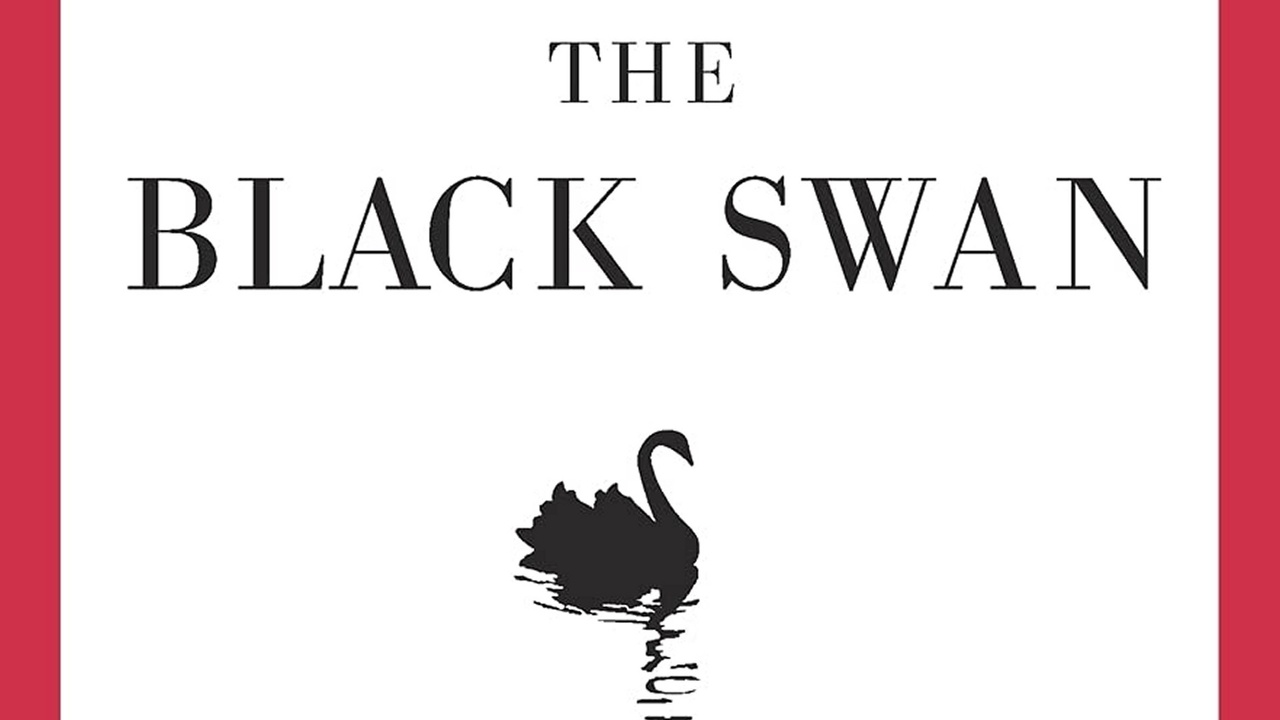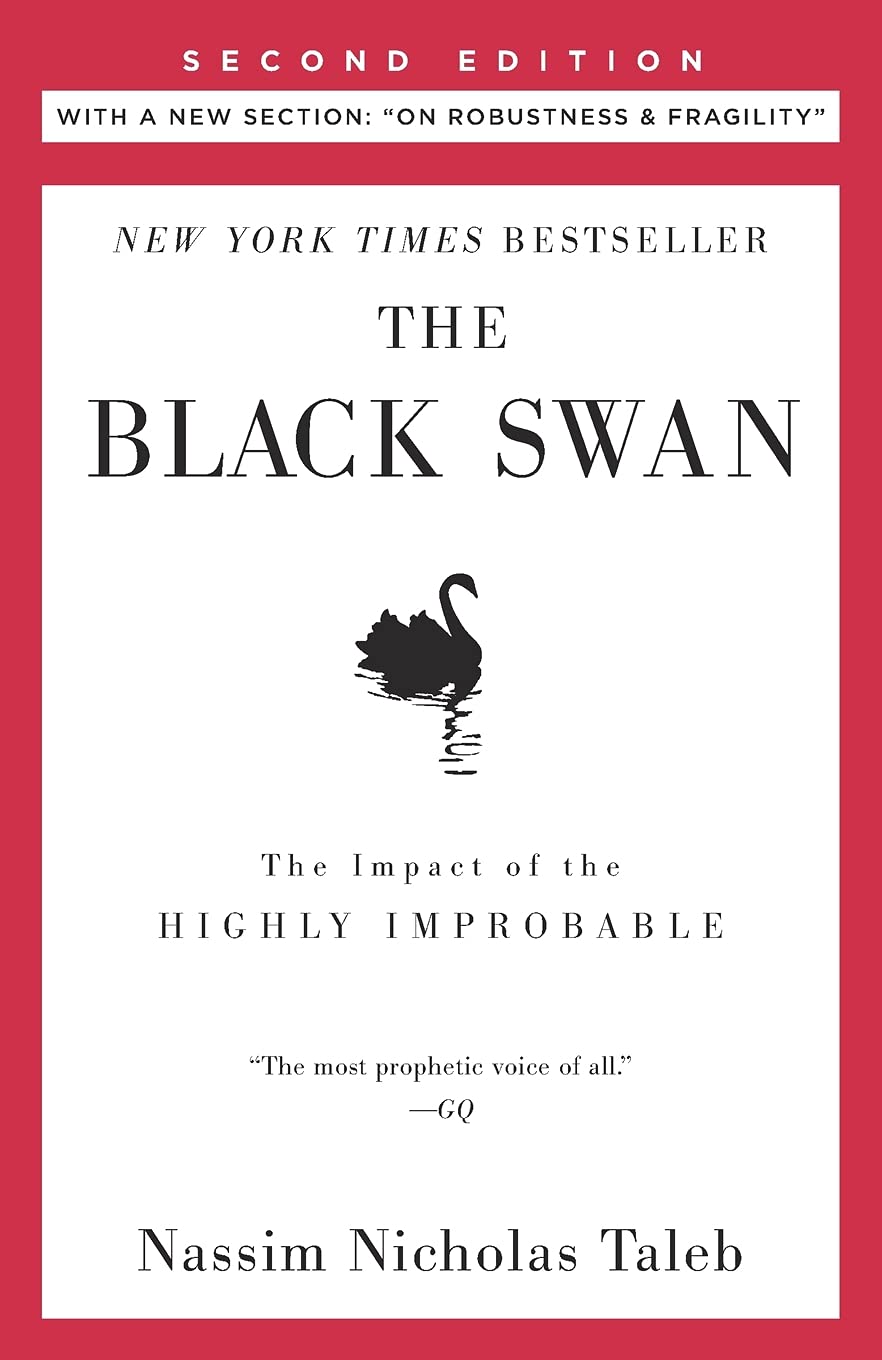
What about the Sovereignty of God?
May 06, 2021Book Review (by Dr. Mike Parker)
I recently came across a book authored by Nicholas Taleb by the title of The Black Swan. The title describes a highly improbable event. When you are asked to think of a swan you probably would imagine a white one because that is what we have grown to expect. We don’t imagine a black swan. This principle applies to most of life. Humans want to believe that life is predictable and not a series of random events. When we are surprised by an event, we begin to come up with an explanation that makes the event more predictable than it really was.

Rather than attempt to describe the concept in my words, I will quote from the explanation given on the Amazon website for the book.
“Why do we not acknowledge the phenomenon of black swans until after they occur? Part of the answer, according to Taleb, is that humans are hardwired to learn specifics when they should be focused on generalities. We concentrate on things we already know and time and time again fail to take into consideration what we don’t know. We are, therefore, unable to truly estimate opportunities, too vulnerable to the impulse to simplify, narrate, and categorize, and not open enough to rewarding those who can imagine the ‘impossible.’”
Taleb would regard many recent events as black swans, e.g. the Covid pandemic. For that matter, the author would see much in our lives (the performance of our investment portfolios, an unexpected health crisis, and the development of religion and faith) as black swans.
This book and the concept of black swans challenges me in two very specific ways. First, I have spent my professional life in science and medicine. There we look for cause and effect. We believe that analyzing a small portion of something provides a basis for inferring something about the whole. If a drug shows benefit in a small sample of patients with a disease, we can use the drug to treat the disease in the entire population. That just makes sense to me. But Taleb would point out that there are many studies that we base our understanding upon that when repeated show different results. Again, our world is more random and unpredictable than we choose to believe.
However, the second challenge and the one which prompts me to write this blog post, is how does the black swan concept fit with my understanding of a God who is active in the world. I suspect, although I don’t know, that Taleb is not a man of faith and is looking at life without the direction of a higher power. I admit that much in my life occurred as surprising and unpredictable events. Small decisions I made without any real understanding of the life-changing consequences have had a big impact. These may seem like black swans but were they?
So, a person without faith says that most everything that happens in life is really random. But, a person of faith says that all things happen through the action of God and the active engagement of His Spirit. While I put myself in the latter category, I must admit I am not in a safe harbor free from criticism. I would like to give God the credit for all the good stuff but attribute the “bad” stuff to another cause. The old question of why would a good God allow bad things comes up again. Our current age continues to struggle with this fundamental question. The black swan may be another way that people without faith choose to explain the world. Based on reviews of the book many prefer the black swan concept. It has been a New York Times best seller and GQ calls it “the most prophetic voice of all.” I prefer my explanation but I long for less unpredictability.
Tomorrow is the memorial service for a good friend who died as a result of Covid. Was his death a random event? The world says “yes.” What do you say?
This book review is by
Dr. Mike Parker
Colorado Springs, Co.











